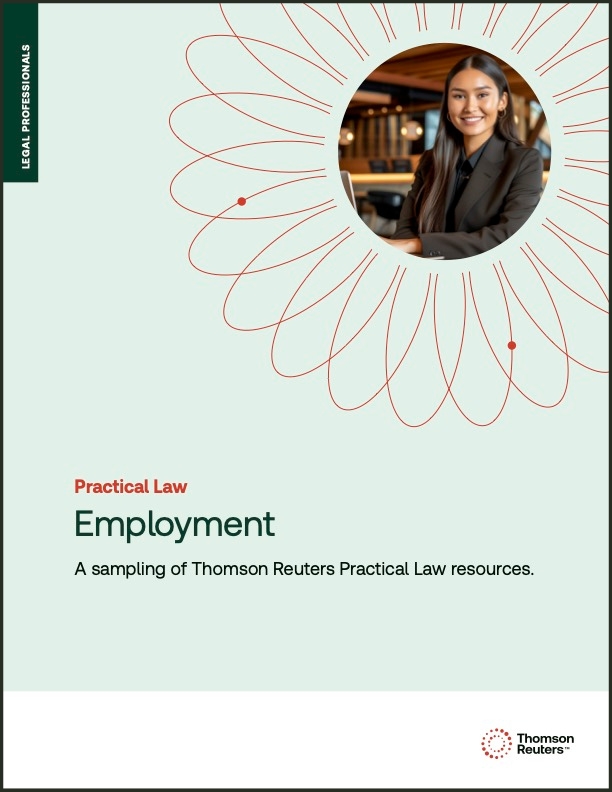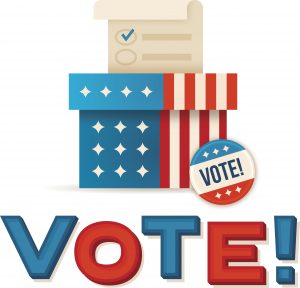(Image
via
Getty)
Today
is
the
presidential
election,
and
as
always,
it
remains
incredibly
important
for
Biglaw
firms
to
do
their
best
to
not
only
make
sure
their
employees
perform
their
civic
duty
and
vote,
but
also
to
volunteer
to
help
others
do
the
same.
Back
in
2020,
many
Am
Law
100
and
200
firms
made
commitments
to
do
just
that,
announcing
that
Election
Day
would
be
a
paid
civic
holiday
—
but
this
year,
far
fewer
firms
are
offering
paid
time
off
to
vote.
In
fact,
we
know
of
only
one
firm
that
has
actively
publicized
that
it
was
offering
a
paid
day
off
on
Election
Day.
That
firm,
Mintz,
is
in
the
minority
in
2024
when
it
comes
to
offering
paid
time
off
for
employees
to
vote.
Firms
that
were
vocal
about
voter
participation
in
Election
2020
have
quieted
down
significantly
this
year.
The
American
Lawyer
has
additional
information:
Several
law
firms
that
gave
full
days
off
for
their
attorneys
and
staff
for
voting
and
Election
Day
activities
in
2020,
in
the
midst
of
the
COVID-19
pandemic,
didn’t
confirm
whether
they
were
doing
so
again
this
year.
Representatives
for
many
other
firms
also
didn’t
respond
to
messages
for
comment
on
whether
they
were
giving
staff
and
employees
a
full
day
off,
beyond
what
is
required
by
state
and
local
governments.Overall,
Law.com
reached
out
to
15
Big
Law
firms
to
see
what
they
were
doing
to
make
voting
more
accessible.
Representatives
from
Paul,
Weiss,
Rifkind,
Wharton
&
Garrison;
Debevoise
&
Plimpton;
Hogan
Lovells;
and
Davis,
Polk
&
Wardwell
responded,
noting
their
firms
would
allow
personnel
time
off
for
voting,
with
most
adhering
to
the
law
in
New
York
and
other
states
that
mandate
two
hours
of
PTO
on
Election
Day
to
vote.
Four
years
ago,
Hogan
Lovells
made
Election
Day
a
paid
holiday
for
employees.
This
year,
the
firm
is
offering
employees
“two
hours
at
either
the
beginning
of,
or
end
of,
the
day
to
vote.”
Other
firms
that
gave
employees
the
day
off
to
vote
and
volunteer
in
2020
—
including
Orrick,
Jenner
&
Block,
and
Akin
Gump
—
did
not
respond
to
messages
from
Am
Law
seeking
comment
on
their
2024
Election
Day
plans.
Only
when
asked
about
the
firm’s
plans
did
Fenwick
&
West,
which
gave
employees
paid
time
off
for
Election
2020,
note
that
it
is
doing
the
same
thing
for
Election
2024.
It’s
certainly
disheartening
that
Biglaw
firms
aren’t
throwing
their
full
weight
behind
the
importance
of
voting
and
volunteering
for
the
2024
election
when
so
much
is
at
stake.
If
you
haven’t
voted
already,
please
make
sure
that
you
have
a
plan
to
vote
before
polls
close
today.
If
your
firm
is
giving
time
off
for
Election
Day
or
otherwise
supporting
voting
rights,
let
us
know.
Our
vast
network
of
tipsters
is
part
of
what
makes
Above
the
Law
thrive.
You
can
email
us or
text
us
(646-820-8477).
Fewer
Big
Law
Firms
Give
Full
PTO
This
Election
Day
[American
Lawyer]
 Staci
Staci
Zaretsky is
a
senior
editor
at
Above
the
Law,
where
she’s
worked
since
2011.
She’d
love
to
hear
from
you,
so
please
feel
free
to
email
her
with
any
tips,
questions,
comments,
or
critiques.
You
can
follow
her
on
X/Twitter
and
Threads
or
connect
with
her
on
LinkedIn.





 Kathryn
Kathryn











